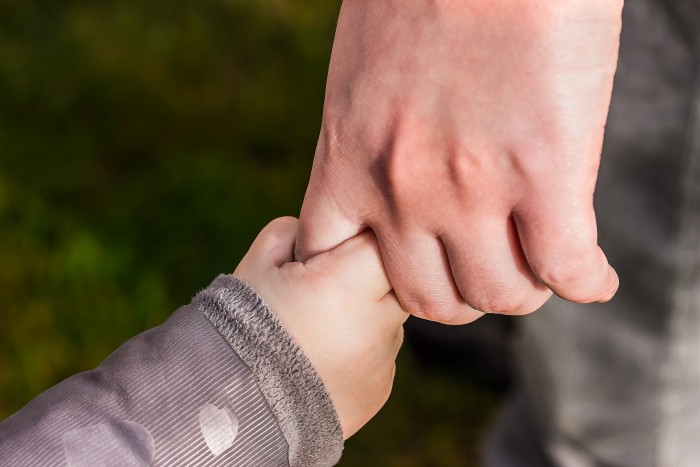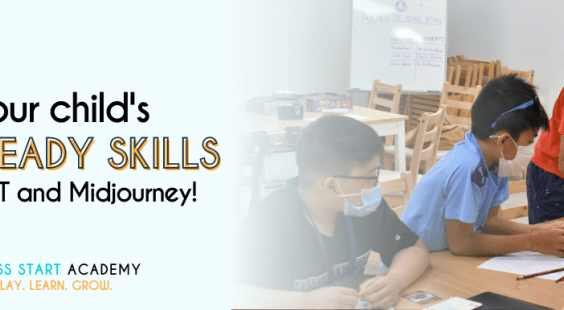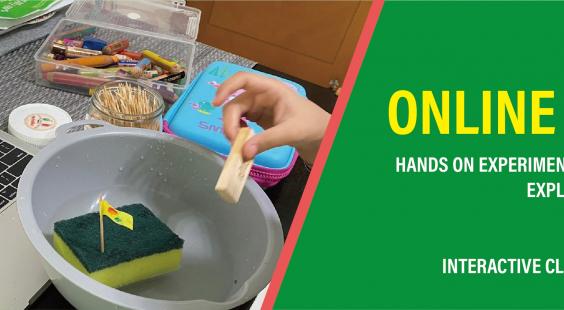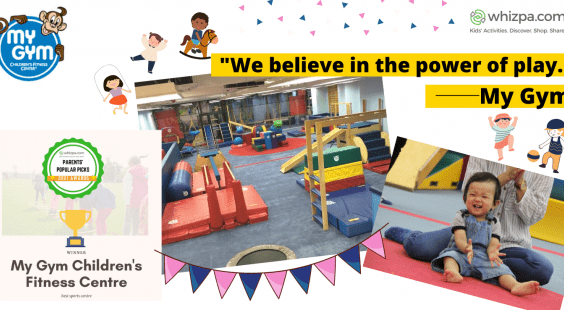
何謂親職教育?為何如此重要?
Parenting struggles
As a first time parent, I feel that I am constantly playing a game of “catch-up” with my child’s milestones. Case in point - our baby girl recently mastered walking. Just as I started enjoying the freedom from the baby carrier and stroller, our little girl was also relishing in her newfound autonomy. Just days after conquering this new milestone, each mealtime became a game of ‘catch me if you can’. The first couple of times, I would entice her with bribes of favourite foods and colourful utensils. But as soon as the novelty factor wore off, we were back to a game of catch. To make matters worse, the more I tried to encourage her to sit, the more upset she would become. Things finally hit melting point on a miserable Sunday afternoon when any contact with the chair resulted in uncontrollable wailing and sobbing. I uttered the famous words every parent has said at some point “If you are not going to eat now, there is no dinner for you.” Thankfully this made her think twice and she promptly sat down and gobbled up everything in sight. Although this worked, I couldn’t help but feel guilty about how I had handled this. Could there have been a better way? Could I have really sent her to bed without dinner if she had continued to refuse to sit down?
Positive Parenting Programme (Triple P)
Desperate for a solution, I turned to my trusty guru (aka Google) hoping to find some answers. As I was scrolling through the search results, I came across a Positive Parenting Programme (Triple P) Workshop. The workshop provides parents of young children with practicable strategies and addresses some common difficulties parents encounter. The prospect of speaking to an expert seemed very appealing at once (especially when I was only on page two of the 60,000+ search results).
A week later, I found myself in a room with 10+ other parents learning about Triple P, an evidence-based parenting programme with over 35 years of research. After sharing my latest predicament, I was relieved to hear that our latest mealtime tantrums were not uncommon and it was comforting to hear from other parents who shared similar struggles in the past.
Whilst it was only the first time I had encountered Triple P, I found the concepts easily understandable. Using the Triple P framework, I was inspired to reflect on my own parenting and equipped myself with some tools for handling the next mealtime tantrum!
Environment – This is a good starting point for any parenting struggles. When we encounter behavioural issues, we can first think about the environment our child is in. “Is my child bored in this environment or are they too stimulated causing them to be too distracted?” Often, once we adjust the environment to provide the appropriate level of stimulation, the child will most likely settle down.
Expectations – Whilst we are looking at our children’s behaviour, we should also be reviewing the lives we lead and how we expect our children to play a role in them. It’s no surprise that everyone in Hong Kong leads busy lives. We have long working days during the weekdays, and busy social calendars on the weekends. Children’s schedules do not necessarily fare any better with jam-packed classes and activities. Could our child be exhausted, and is it realistic for us to expect them to be on their best behaviour when they are physically and mentally drained?
Parents’ reactions and energy levels – Children learn and take cues from us all the time. The next time our children are showing signs of difficult behaviour, we should watch for our own behaviour first. If we escalate our behaviour through raising our voices, our children are more likely to react in a more intense way. If we want to see positive behaviour in our children, we should model that behaviour first.
The Merits of Parenting Education
My positive experience from the workshop prompted me to think about parenting education. In Hong Kong, there are a countless number of discussions on children’s education. As parents, we are preoccupied with ensuring that our children have access to the right type of learning, and that their education is well-rounded. In comparison, there is relatively less thought and talk given to parents’ education. When we cast our minds to the prenatal classes we attended to prepare for the birth of our child, does it make sense for our education to stop after birth? Rather, the challenge of parenthood only starts at birth and parents should be given more support as their child grows. Maybe it is time that we look into investing in our own education as parents.
Traditionally, there has been a preconception that parenting education is targeted at parents of children who have behavioural issues or require support for special learning needs. In recent years, this attitude has shifted and there is increasing recognition that everyone can benefit from parenting education. No matter what stage of parenting you are in, there is always new research dispelling the old methods and advising on the latest thinking. There are merits to equipping parents with this new knowledge through education. As the saying goes “Prevention is always better than cure”. There are an increasing number of discussions citing the positive benefits of parenting education, including a boost to parents’ confidence and better emotional health. “Actions speak louder than words”. We are our children’s first educators as they learn about emotional regulation, behaviours and attitudes from us. Therefore, it is crucial that we invest in our own education as a foundation for successful parenting.
Options for Parenting Education in Hong Kong
With this in mind, I looked for parenting education options around Hong Kong. A variety of programmes are available through counselling centres, schools, and learning centres, and offer formal parenting programmes as well as one-off workshops tackling topics ranging from sleep patterns and baby-led weaning to education issues such as supporting Mandarin learning or choosing the right university for your child.
In Hong Kong where there are many dual-income families, the task of raising children are sometimes taken on by grandparents and nannies. Many of these workshops and seminars recognise this and welcome other primary caretakers into their programmes. Some even offer dedicated workshops for grandparents and nannies as part of parenting support to ensure all caretakers are on the same page when it comes to parenting strategies.
As with all things, there is never a one-size-fits-all solution. If you are like me and would be interested in learning more about parenting education, below are some suggestions to help you get started:
- Schools and learning centres host regular parent workshops which are open to parents of current and prospective students. Signing onto the mailing lists of these places can keep you updated on their latest events. Through attending these events, you may even get an opportunity to visit the school campus and meet some of the teachers there.
- Social media such as Facebook, Instagram, Eventbrite or parenting blogs have a wealth of information including the latest happenings around town. Just by doing a simple keyword search on “parenting education” may bring up events that may be of interest.
- Some institutions have dedicated parent education programmes and regular parent seminars or workshops all-year round. Here are a few for your reference:
MOTHER DUCK Babies & Parents Interactive Learning Institute
Gordon Parenting
Infinity Children’s World
ESF Language and Learning
Mulberry House
Child Development Centre








